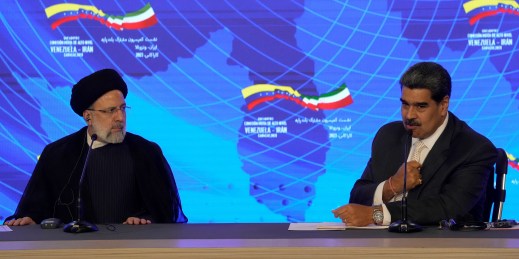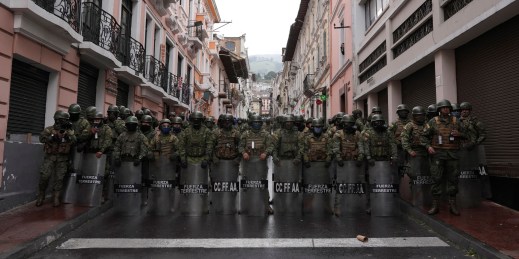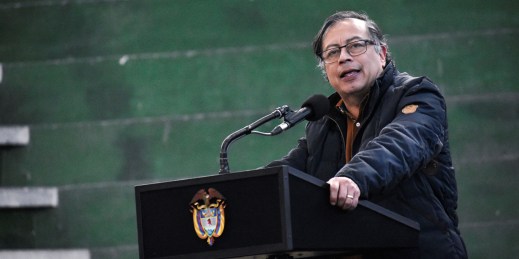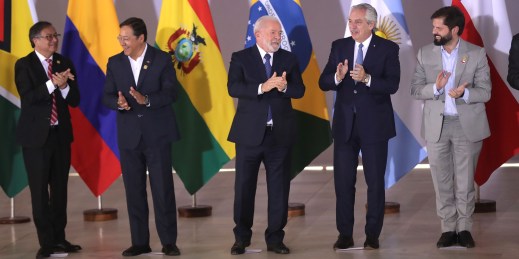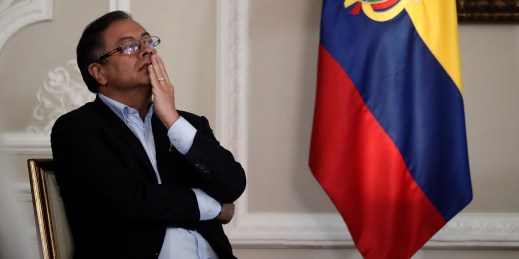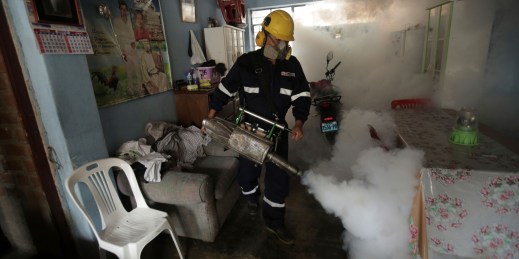
Like all public health crises, Peru’s worst-ever dengue fever outbreak has political roots and implications. The ongoing crisis following former President Pedro Castillo’s ouster last year is affecting the government’s and region’s responses to the outbreak. And the outcome could determine the fate of current President Dina Boluarte.

